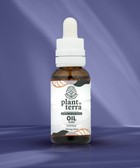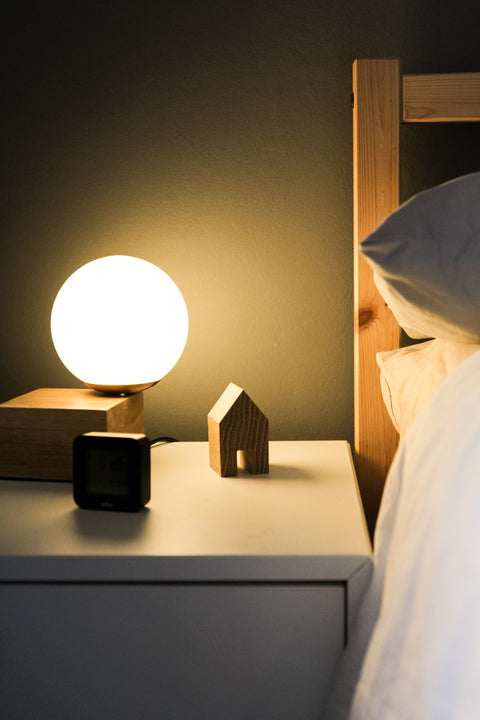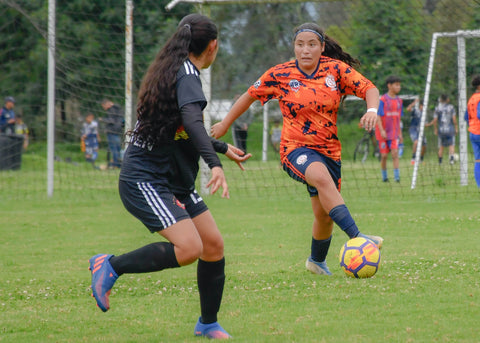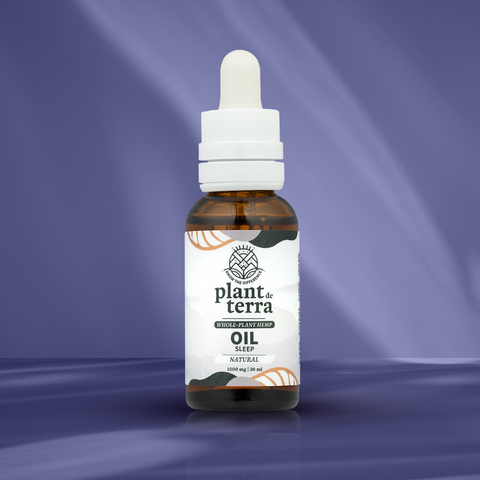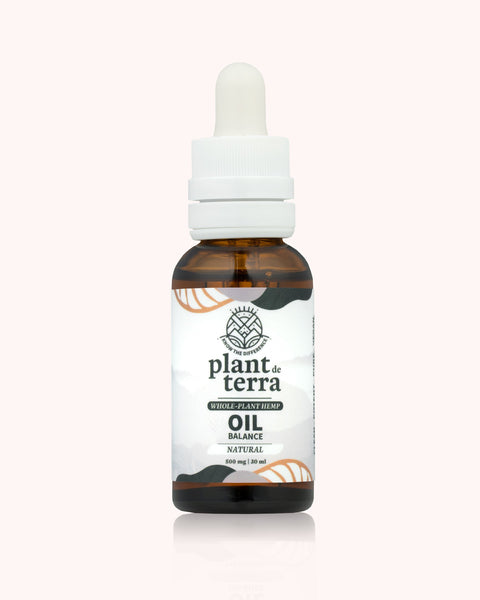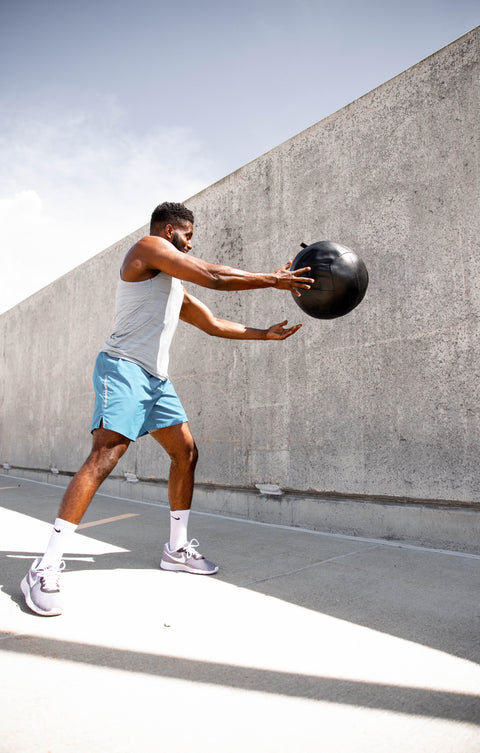
Enhance Your Fitness Journey: CBD and Sleep for Optimal Recovery
Athletes and fitness enthusiasts constantly seek ways to enhance their recovery and performance. In the realm of athletic recovery, managing inflammation is key to achieving optimal results. CBD, a popular natural remedy, has gained attention for its potential to alleviate inflammation and promote recovery. In this informative piece tailored to athletes, fitness enthusiasts, and wellness seekers, we will explore the impact of CBD on inflammation and athletic recovery, shedding light on how incorporating CBD and prioritizing sleep can elevate your fitness journey to new heights of success.
Introduction to CBD in Fitness
Understanding the Role of CBD
CBD, short for cannabidiol, is a compound found in hemp plants that is becoming increasingly popular for its health benefits. Unlike THC, the psychoactive component in marijuana, CBD does not produce a high but instead offers a relaxing effect on the body. Athletes and those involved in fitness may find CBD appealing due to its potential to help reduce inflammation, one of the main causes of pain and soreness after intense physical activity. By interacting with the body's endocannabinoid system, CBD may help in regulating pain and inflammation. Its use in fitness is primarily centered on recovery, helping individuals to manage post-workout soreness and potentially reduce downtime between training sessions. Understanding how CBD works and its potential benefits is crucial for athletes considering it as part of their recovery regimen.
What Fitness Enthusiasts Need to Know about CBD
For fitness enthusiasts looking to integrate CBD into their routine, it's important to know that CBD can come in various forms, including oils, creams, and edibles. While CBD is not a cure-all, it is thought to offer therapeutic benefits that can aid in workout recovery. When choosing CBD products, it's essential to select high-quality options that come with verified lab results to ensure purity and potency. Dosage is another consideration, as the optimal amount can vary based on individual factors such as body weight and the intensity of workout-related inflammation. Importantly, CBD is legal in many regions, but it's crucial to verify local laws. It's also advisable to consult with a healthcare professional before starting any new supplement, especially for those on other medications or with underlying health conditions.
CBD and Athletic Recovery
The Connection between CBD and Inflammation
CBD's popularity in the realm of athletic recovery is largely due to its anti-inflammatory properties. Inflammation is the body's natural response to injury or stress, especially after intense exercise. While some inflammation is beneficial for healing, too much can lead to prolonged pain and hinder recovery. CBD interacts with the body's endocannabinoid system, possibly reducing the production of cytokines, which are the signaling proteins responsible for inflammation. By modulating the body's inflammatory response, CBD may help athletes recover more quickly and experience less pain post-workout. This potential to ease inflammation not only aids in physical comfort but might also improve overall performance by allowing for more consistent and intensive training sessions. Nevertheless, the exact mechanisms of how CBD influences inflammation are still under investigation.
How Athletes Benefit from CBD
Athletes may experience several advantages from incorporating CBD into their recovery process. CBD's potential to alleviate inflammation can translate to reduced muscle soreness and better recovery times, allowing athletes to return to training sooner. Moreover, by potentially easing pain, CBD may help athletes focus on their performance without the distraction of discomfort. It's also suggested that CBD can support better sleep, which is critical for the body's healing process. Good quality sleep can enhance muscle recovery, adaptability to training, and overall athletic performance. For those dealing with pre-competition stress, CBD's calming effects might contribute to improved mental clarity and reduced anxiety. While individual responses can vary, and more research is needed for definitive conclusions, current evidence points toward CBD being a valuable addition to an athlete's recovery toolkit.
Sleep: Key to Optimal Recovery
Importance of Quality Sleep for Athletes
Quality sleep is fundamental for athletes looking to achieve optimal recovery. During sleep, the body undergoes repair processes that are critical for muscle and tissue recovery, hormonal balance, and cognitive function. Growth hormone, which plays a significant role in muscle growth and repair, is released during deep sleep. Lack of sleep can lead to decreased performance, slower reaction times, and a higher risk of injury. Additionally, insufficient sleep can impair an athlete's immune system, making them more susceptible to illnesses, which can further hinder training and recovery. Therefore, ensuring adequate and restful sleep is as important as the training itself. Athletes aiming for peak performance should prioritize sleep, establishing a consistent sleep schedule and creating an environment conducive to restful sleep.
How CBD Promotes Better Sleep
CBD is believed to promote better sleep by addressing some of the root causes that can disturb sleep patterns, such as stress, anxiety, and pain. By interacting with the body's endocannabinoid system, CBD may exert a calming effect on the nervous system, which can lead to a reduction in stress-related symptoms. This calming effect is especially beneficial for athletes who experience a heightened state of alertness following intense training sessions, making it difficult to wind down. Additionally, since CBD has the potential to alleviate pain, it can minimize discomfort that often interrupts sleep. By reducing these barriers to rest, CBD can contribute to more consistent and uninterrupted sleep cycles, providing athletes with the deep rest needed for muscle repair and recovery. However, it's important to note that effects can vary, and it's recommended to consult with a healthcare provider before adding CBD to your sleep routine.
Using CBD Oil for Recovery and Sleep
Incorporating CBD Oil into Your Fitness Routine
Incorporating CBD oil into a fitness routine can be straightforward. For those looking to enhance recovery, using CBD oil post-workout may help reduce muscle soreness and inflammation. It can be applied topically as a cream or taken orally in the form of drops or capsules. When using topical products, applying them directly to sore muscles can provide localized relief. If you prefer oral consumption, placing CBD oil under the tongue for a minute before swallowing ensures fast absorption into the bloodstream. Consistency is key; using CBD oil as part of your daily routine can contribute to its effectiveness. It's also recommended to use CBD oil before bedtime to support sleep quality. Start with a low dose and gradually adjust as needed, listening to your body's response. Always select quality CBD products from reputable sources to ensure safety and efficacy.
Safe and Effective Use of CBD Oil
For safe and effective use, it’s important to approach CBD oil with an informed and measured strategy. Begin with a small dosage to assess your body's response before gradually increasing as needed. Dosage recommendations can vary based on factors such as body weight, metabolism, and the level of inflammation or pain. Many experts suggest starting with a low dose, commonly around 10-20mg per day, and increasing slowly until you find a dosage that works best for you. It's crucial to remember that while CBD is generally well-tolerated, potential side effects could include drowsiness, dry mouth, and changes in appetite or mood.
Furthermore, consider the timing of your dosage. For recovery, you might find it beneficial to consume CBD oil soon after a workout. For sleep enhancement, taking CBD oil an hour or so before bedtime may be most effective.
Remember, CBD isn't a magic cure-all. It's a tool that can be leveraged alongside proper nutrition, regular exercise, adequate sleep, and a balanced lifestyle for optimal health and fitness outcomes.
Finally, as with any supplement, it’s always wise to consult with a healthcare provider before starting to use CBD oil, especially for individuals with existing medical conditions or those who are taking other medications.
In conclusion, CBD oil offers a promising option for athletes and fitness enthusiasts to enhance recovery and improve sleep. By choosing a high-quality CBD product, starting with a low dosage, and adjusting based on individual response, you can safely explore the potential benefits of CBD as part of your holistic approach to fitness and wellness.



